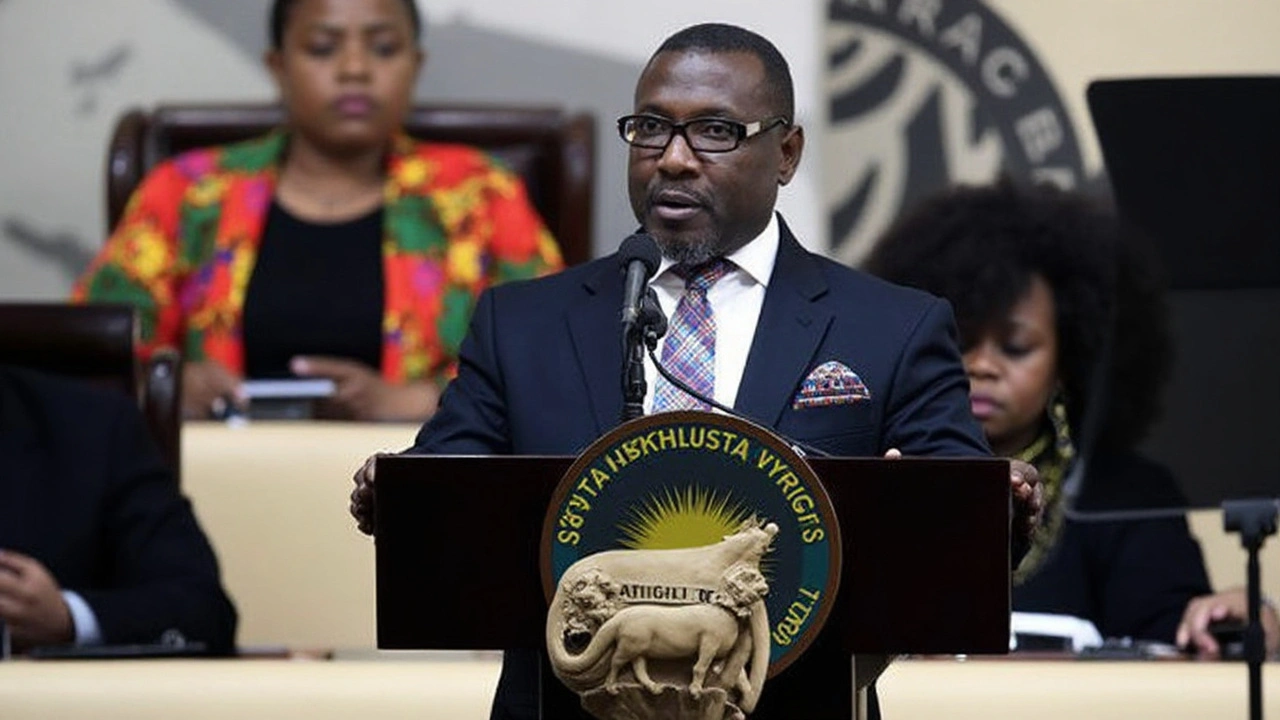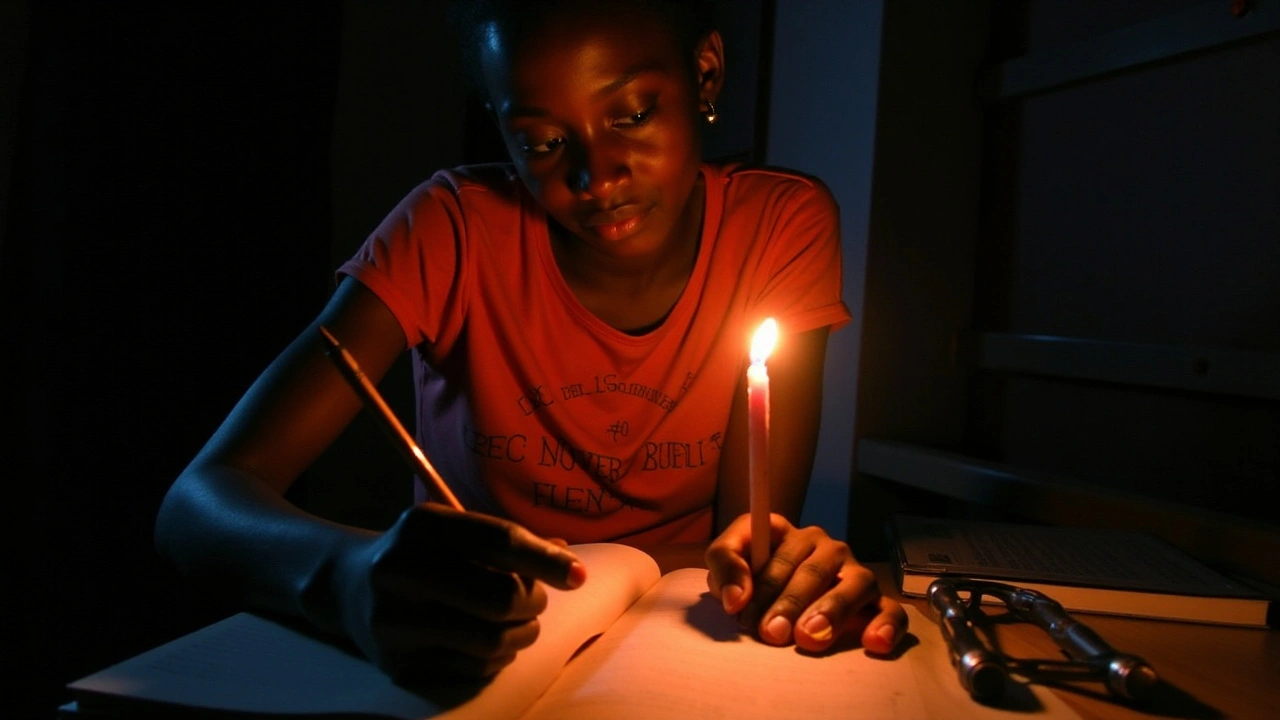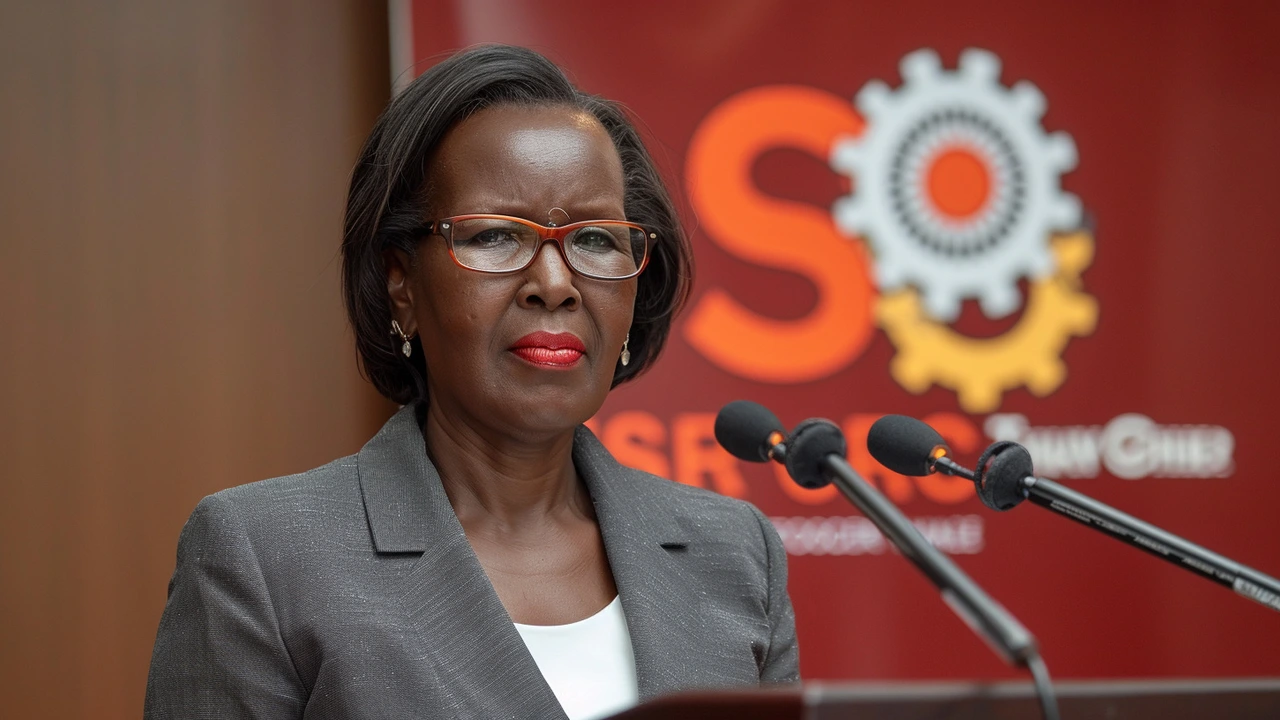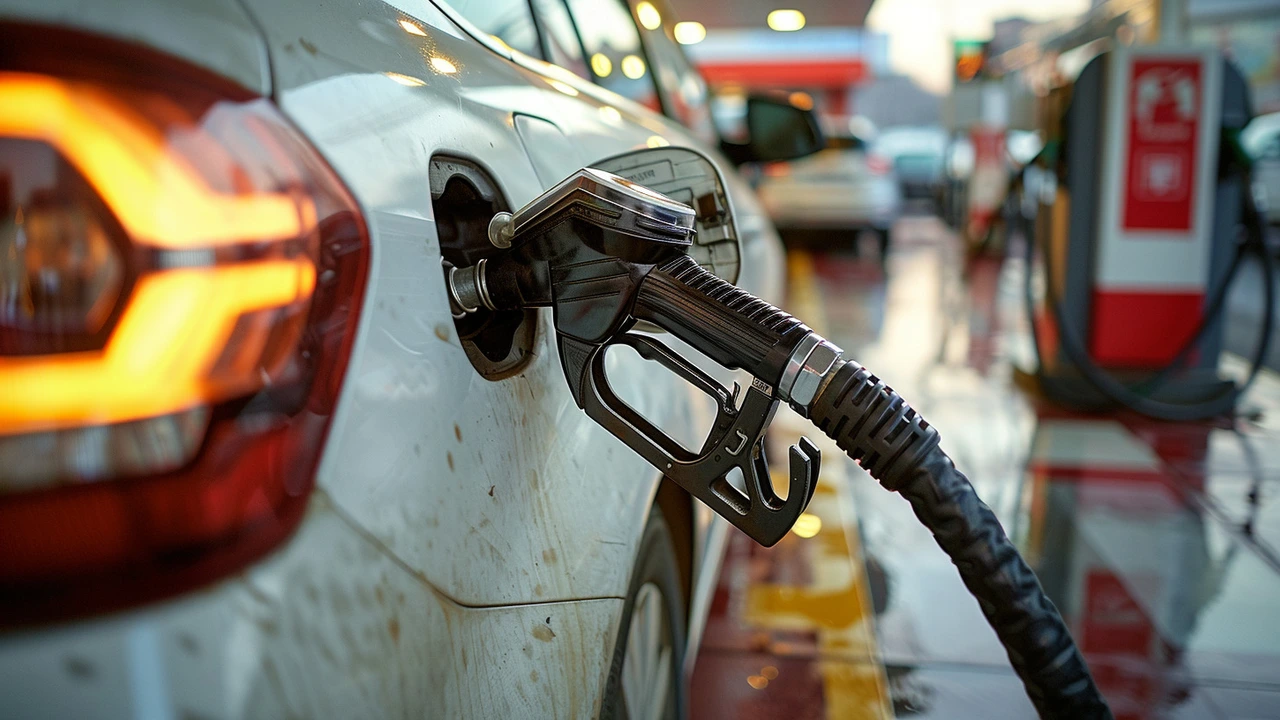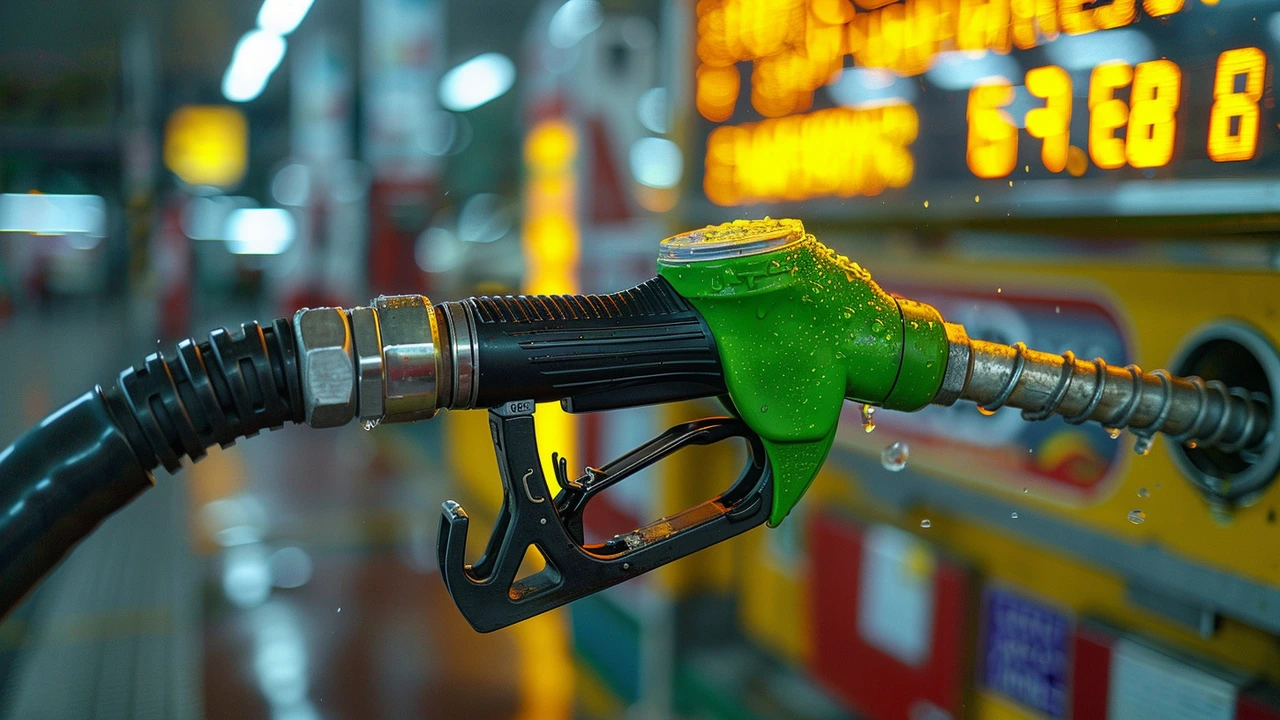South Africa's Economy: What You Need to Know Today
South Africa’s economy is facing some serious tests right now — from changes in taxes and salary freezes to the ongoing issues with power supply and fuel costs. If you’re wondering how these affect your daily life or business, you’ve come to the right place. Let’s break it down simply and clearly.
VAT Increase: Quick Fix or Long-Term Problem?
The government plans to raise VAT from 15% to 16% by 2026 to tackle budget shortfalls. While they’re also zero-rating essential foods to protect low-income households, many folks worry this tax hike hits everyday consumers harder. Critics argue this isn’t a real solution to the economy’s deeper issues, as it mostly helps plug budget gaps without addressing spending or structural reforms.
Think about it this way: more VAT means you pay more for the things you buy, even your groceries. The government says the extra money will help improve public services and grow the economy, but is it worth it if it tightens household budgets? That’s the big question people are debating right now.
Power Struggles: Eskom and Load Shedding
Power outages remain a huge headache. Eskom recently warned of possible load shedding because the regulator said no to a tariff increase that Eskom says it needs to keep the lights on. Without extra funds, Eskom struggles to maintain the power grid and invest in new infrastructure, which means more risk of blackouts.
When the power cuts out, businesses lose money, and everyday life gets disrupted—from cooking dinner to schoolwork. The government and Eskom are caught in a tough spot where balancing costs and reliability gets tricky. Everyone wants steady power, but how to get there without raising bills too much is still unclear.
Beside power and VAT, the government has also paused pay raises for state employees to keep budgets under control. Plus, fuel prices in nearby countries like Kenya and Hungary are shifting, reflecting changes in global markets and local policies. For South Africans, this means keeping an eye on how fuel costs might move soon too.
Knowing about these changes helps you plan better—whether it’s budgeting your expenses or understanding the news headlines. The economy affects everyone, and staying informed can make a big difference in how you manage day to day.
South Africa's VAT Increase: A Short-Term Fix to Long-Term Challenges?
South Africa plans to increase VAT to 16% by 2026 as a measure to address fiscal deficits, pairing it with zero-rating on essential foods. Critics argue this approach targets revenue over real reform, while the government sees it as essential for growth and service delivery. Opponents claim it is regressive and suggest cutting spending.
Julian Parsons | Mar, 14 2025 Read More
Eskom's Load Shedding Alert Raises Alarm Amidst Tariff Increase Rejection
Eskom has sounded the alarm on the possibility of immediate load shedding due to the denial of a tariff increase, sparking concerns about South Africa's power stability. NERSA's rejection affects Eskom’s financial capacity to maintain and improve infrastructure, heightening the risk of unexpected power cuts. This highlights the persistent challenges in the energy sector and the crucial need for sustainable solutions to maintain a reliable supply.
Julian Parsons | Jan, 31 2025 Read More
SRC Freezes State Officers' Pay Increases: Economic Pressures Force Delays
The Salaries and Remuneration Commission (SRC) has decided to halt proposed salary increases for State officers due to harsh economic realities and tight budget constraints. This decision focuses on maintaining fiscal sustainability amidst rising public wage bills and economic challenges faced by the nation.
Julian Parsons | Jul, 3 2024 Read More
Hungary's Fuel Prices Remain Competitive Amid Regional Fluctuations
Fuel prices in Hungary have stayed below the regional averages, thanks to significant governmental intervention. Decreases in petrol and diesel prices outpaced those in neighboring countries, with petrol falling by HUF 17 and diesel by HUF 7. The Ministry for National Economy attributes this to strategic price cuts aimed at easing household financial burdens and stimulating economic recovery.
Julian Parsons | May, 17 2024 Read More
EPRA Announces Reduction in Fuel Prices Across Kenya for May-June 2024
The Energy & Petroleum Regulatory Authority (EPRA) has announced a decrease in fuel prices for the period from May 15 to June 14, 2024. Prices for Super Petrol, Diesel, and Kerosene will see reductions, directly impacting the cost of living and transportation across major Kenyan cities such as Nairobi, Mombasa, and Eldoret.
Julian Parsons | May, 14 2024 Read More
